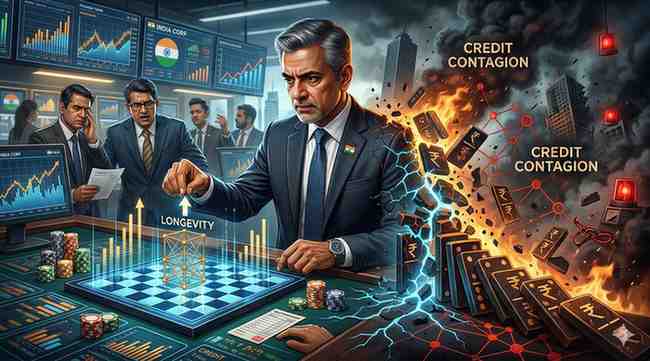
The Relevance of Rituals: How They Connect Us to Our Roots
- admin
- August 29, 2025
- culture, Discover, Philosophy
- 0 Comments
Rituals, often dismissed as relics of the past, hold a profound power to anchor us in the present. In an era dominated by instant gratification and fleeting connections, rituals offer a quiet reminder of where we come from, who we are, and what truly matters. They are not just ceremonial acts; they are bridges that connect us to our roots, weaving the threads of tradition, identity, and purpose.
The Language of Rituals
Rituals speak a universal language, transcending words and time. Lighting a lamp, tying a sacred thread, or offering a prayer—each act is infused with symbolism that speaks directly to the soul. Across cultures, these rituals hold a shared essence: honoring the past, expressing gratitude, and grounding ourselves in the eternal.
Take India’s vibrant rituals, for instance. From the rhythmic chanting of mantras during pujas to the intricate rangoli patterns adorning homes during festivals, these practices are not just about devotion—they are acts of mindfulness, creativity, and community bonding.
Why Rituals Still Matter
In a world that often feels disconnected, rituals provide stability. They are moments of pause in an otherwise relentless flow of life. According to a 2022 study by Harvard University, engaging in rituals—even as simple as a morning routine—can reduce anxiety and enhance mental clarity. Imagine the compounded effect of rituals steeped in centuries of meaning.
More than that, rituals are storytellers. Every diya lit during Diwali, every morsel of food offered during Pongal, carries forward tales of resilience, gratitude, and unity. They remind us of the values our ancestors cherished and the lessons they hoped we’d carry forward.
A Personal Connection to Heritage
Rituals are deeply personal yet universally binding. For some, they are a way to commune with the divine; for others, they are acts of self-expression or a nod to cultural identity. A grandmother’s recipe prepared on special occasions or the recitation of age-old verses during weddings—these rituals become intimate dialogues between generations.
Even as globalization blurs cultural boundaries, rituals adapt. Digital pujas, virtual aartis, and eco-friendly Ganesh idols are modern twists that keep traditions alive while aligning with contemporary values.
Rituals as Tools for Transformation
Far from being rigid, rituals evolve, reflecting the needs of the times. In Hinduism, for example, the concept of sankalpa—setting an intention before a ritual—resonates deeply with today’s focus on mindfulness and purposeful living. Similarly, fasting during Ekadashi or Ramadan, often seen as acts of devotion, are also opportunities for self-discipline and introspection.
These practices are not mere customs; they are blueprints for leading balanced, meaningful lives.
The Future of Rituals
As we hurtle through a tech-driven age, the role of rituals is more important than ever. They remind us of our humanity, grounding us in a shared legacy while giving us the tools to face modern challenges with clarity and resilience.
The relevance of rituals lies not in their outward form but in the connections they foster—between us and our heritage, between us and our communities, and ultimately, between us and ourselves.
Rituals are not about going backward; they are about staying rooted as we move forward. In their quiet, enduring presence, they offer a sense of belonging in an ever-changing world—a timeless rhythm that guides us home.




